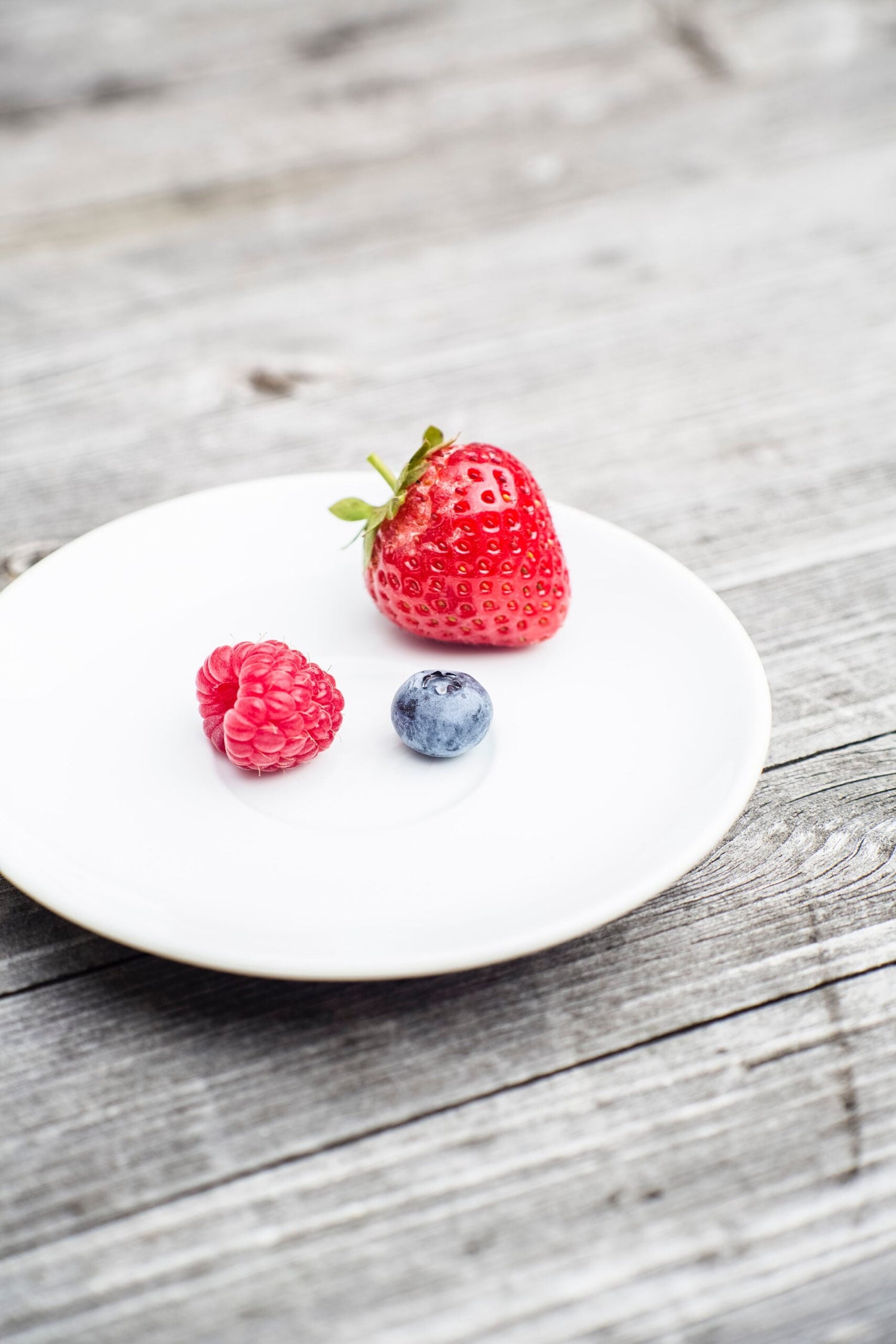Nutrition cheat sheet
What we eat gives us energy to survive and thrive. But what are we actually eating and how does it benefit us, or not?
Let’s break it down.
Macronutrients are the different types of food sources that we need- carbohydrates, protein and fat. There are regular headlines about how much of these we should be eating but safe to say these are the main sources of energy that fills our plate
Carbohydrates are huge energy sources and they come in many different forms, some of which are more beneficial than others. The most nutritionally beneficial sources of carbohydrates are wholegrains, vegetables and legumes also known as pulses. These types of carbohydrates are good for the health of our gut as they support a healthy balance of bacteria here ( the microbiome) and give us sustained energy release.
Processed carbohydrates are quickly broken down into sugar and these are less beneficial when thinking about energy release. Often calorie dense and nutritionally low, processed carbohydrates have been linked to increased risk for diabetes and obesity. They are however usually pretty tasty - cakes, pasta, pizza, donuts- so its important to be mindful how much of these fill your plate on a regular basis, especially if you are looking to lose weight.
Fat- fats from animal sources are saturated fats and plant sources are considered monounsaturated or polyunsaturated. Beneficial fats for brain health include omega3 fats and DHA which are most richly found in oily fish sources. Historically we were taught that saturated fat is all bad and should be kept to a minimum however there is a growing body of evidence that casts doubt on how concerned we need to be about this type of fat. We do know that plant based sources of fats as well as omega 3 sources are important for brain health and should form a regular part of a brain healthy diet
Protein- essential for our cells, this can be obtained via plant or animal sources.
Fibre- study after study has shown that most of us do not eat enough fibre. Plant based sources- vegetables and legumes are important sources of fibre which help keep our gut healthy and supporting our immune system and overall health
Micronutrients-
Vitamins and Minerals- essential vitamins and minerals are found in what we eat. Vitamins A, D, E and K are found in daily and plant sources of fat. Water soluble Vitamins B and C are found in fruit, vegetables and meat. Vitamin D can be found in some foods but our main source of Vitamin D is exposure to is sunlight which is why supplementation is usually recommended
Phytochemicals
These are found in high quantities in plant based foods- fruit, seeds nuts legumes and of course vegetables. Different colours of these naturally occurring foods have a variety of different types of phytochemical and the more different colours we eat then the more phytochemicals we absorb.
Phytochemicals are high in anti oxidants which make them superstars in fighting chronic inflammation. Research is ongoing as to how they could be increasingly important for gut health and other serious illnesses.
Keep Well
Dr Clara Russell









